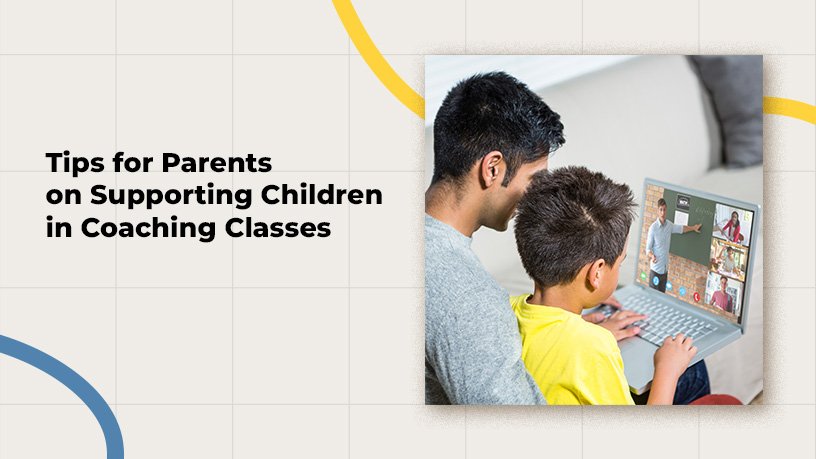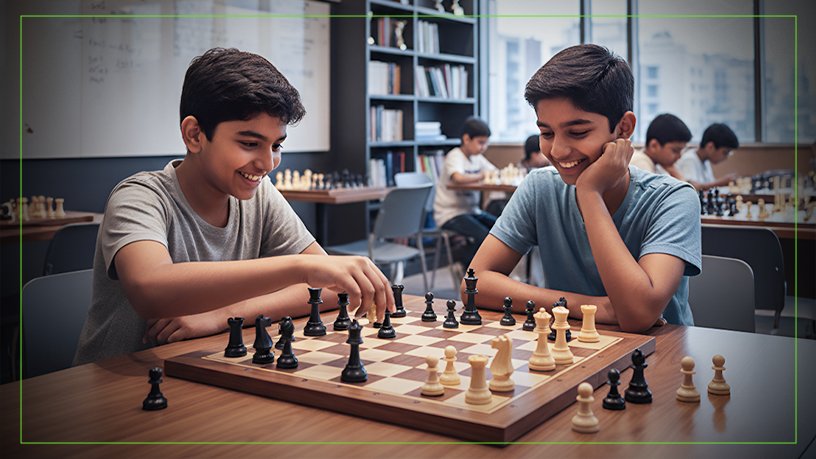Blog Details

Tips for Parents on Supporting Children in Coaching Classes
A parent’s role in determining the overall educational growth of a child is simply undeniable and it can greatly affect the academic performance of the child. Parents serve as the guiding light of a child, be it educational or moral, in its truest essence.
With a dynamic shift in the educational process in the modern-day era, where competition is nearing its peak, support from parents can be the driving force of a child’s educational achievements.
Coaching classes can add up to be a very fruitful tool in a parent’s arsenal for ensuring a smooth academic progression for the child. Let us look at some of the ways how a parent can support their child after they enrol them in coaching classes.
1. Communication Is the Key
Communicating with children might be difficult at times but nonetheless, it is very crucial for a parent to maintain an open line of communication with their child. Communicating with your child does not always necessarily mean expecting them to follow commands. It involves a lot of listening and empathy on the parent’s part. Emotional support is one of the biggest things that a child should get from the parents and this can only be achieved through an open communication line. Communication with your child should never be a monologue, but a dialogue.

2. Balance Your Expectations

Pressuring a child by tallying their achievements with their peers acts as one of the biggest negative reinforcements to the child’s growth, both emotionally and academically. Understanding that each child has their own pace and methods of learning and development goes a long way rather than burdening a child with the heavy baggage of society and our expectations. Rather than being fixated on the outcome, the process of educational growth should be stressed.
3. Never Forget Game Time
A child’s personal development is greatly driven by the downtime from studies. Research has shown that children who go back to the playground during the downtime from their studies have developed overall growth physically and emotionally which also helped them concentrate better while studying. Children who play have also exhibited higher levels of endorphins and cortisol which is an indicator of emotional stability and physical well-being.
3. Communication Is the Key
Reward and Punishment is a theory that many parents have resorted to while grooming their children for their educational endeavours but one thing that needs to be stressed enough is that negative reinforcement IS NOT the answer. A punishment when certain goals like homework or a test score are not satisfactory according to a parent causes the child to be in distress and it further degrades the learning process of the child. It is suggested that rather a communication line should be opened with the child to figure out what challenges they are facing. For that to happen the first thing that you would need is your child’s trust and negative reinforcement is hardly the way to get it.
To sum it up, parents act as the first school/educators of the child. Their role in the life of a child is undeniable and it is one of the key factors that shape the overall educational and personal development of the child.




